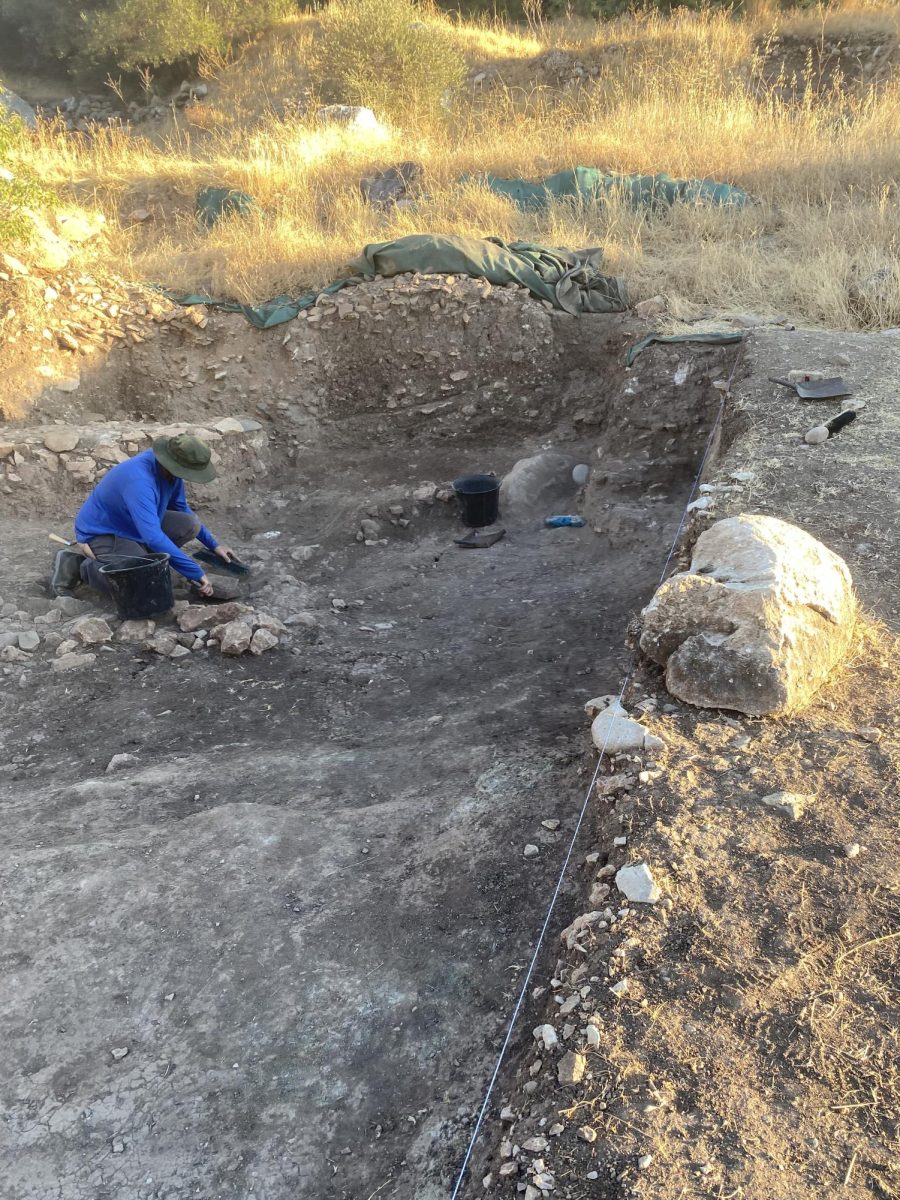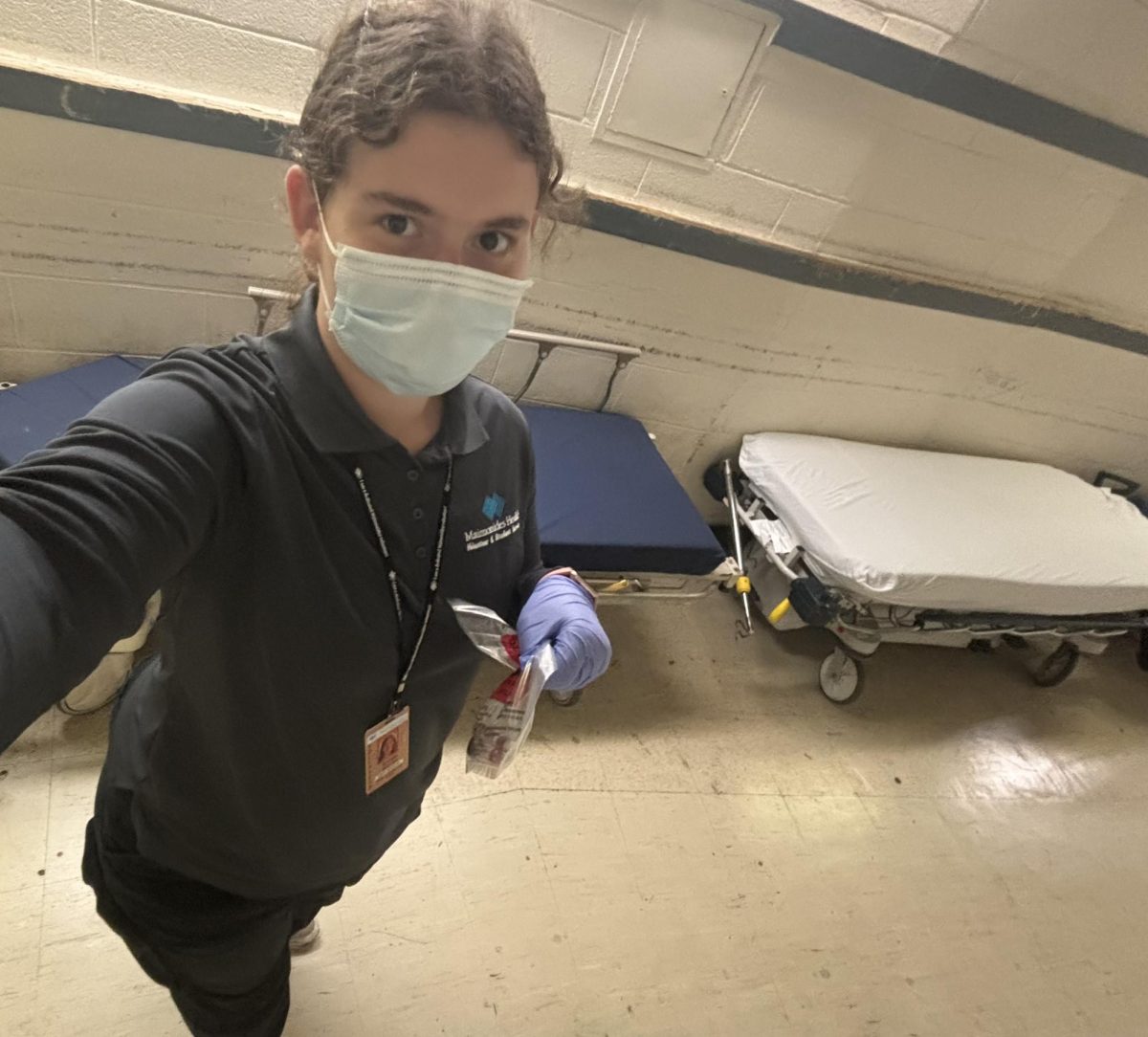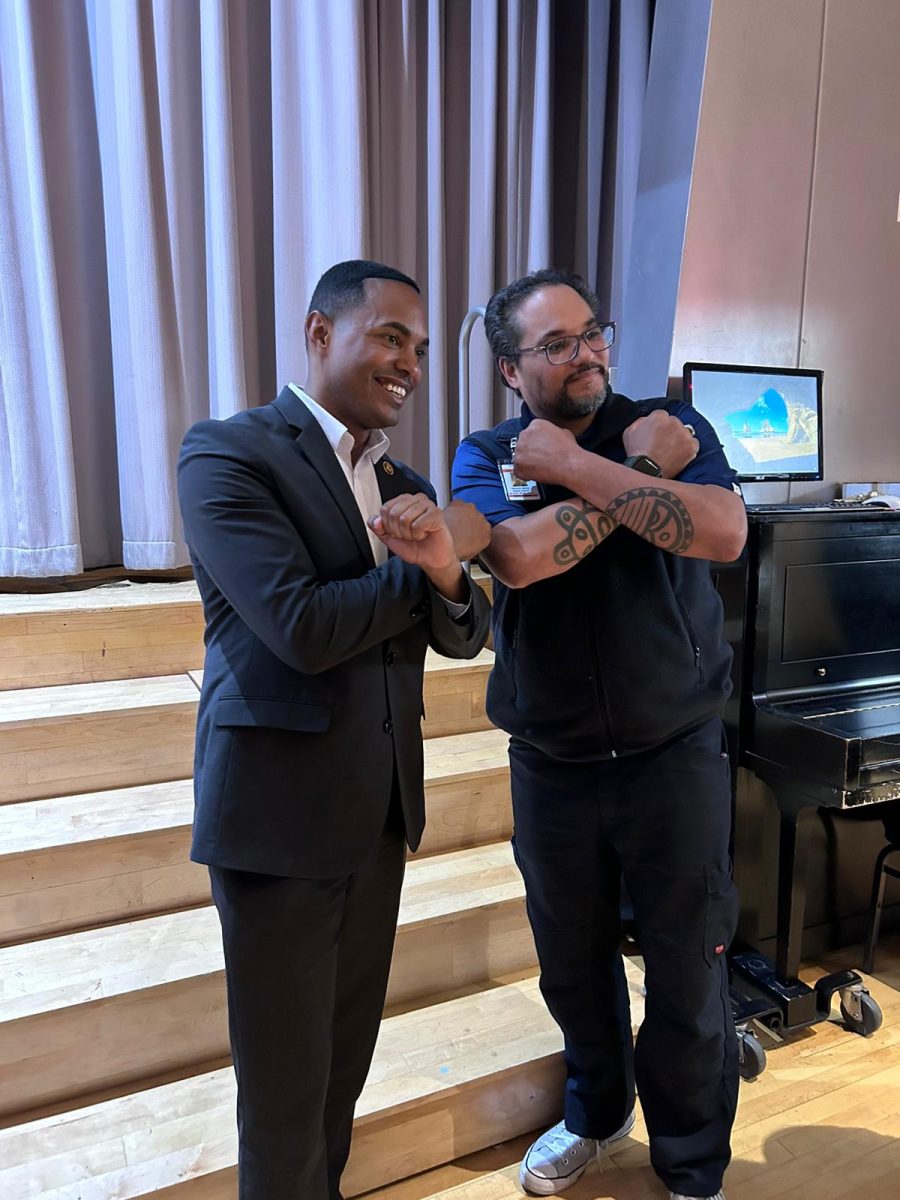The Ramaz administration team takes a collaborative approach to decision-making for the school. Rather than having one person make all the decisions, the administration works as a team, splitting responsibilities and discussing issues together. This has been the case in the past and will continue to be the case in the upcoming year.
The administrative team includes Rabbi Frank, the Principal, Ms. Krupka and Rabbi Shiowtz, Associate principals, Ms. Brachot, the grade deans, and department chairs. Each person in the administration brings a unique and different experience to the group.
With Rabbi Frank’s arrival at Ramaz, the structure for decision-making remained the same collaborative group that he has now joined. “Rabbi Frank’s assimilation into the administrative team has not only been seamless but he’s also brought a lot of additional perspectives,” Ms. Krupka says, on Rabbi Frank’s arrival. Rabbi Frank has worked at different schools before and brings in a fresh perspective.
For the past two years, Rabbi Shiowitz and Ms. Krupka have run the school and have gained knowledge and experience in all aspects. Under the old principal, the administration was a group, but they’re much more of a group now. In the group, each member has expertise in certain areas, and when an issue arises in that domain, the administration tends to defer to that individual. However, the final decision is always made collaboratively by the group.
At meetings, the group discusses matters and hears each other out. Even if they don’t all agree, they all arrive at a decision together. Ms. Krupka explains that the structure of the administration is “a group of people who all have a lot of experience in different areas shooting through ideas or visions or trying to fix a problem.” It’s a very collaborative process.
In the meetings, it’s not a top-down power meeting; it’s a group of people discussing what decision is best. “Rabbi Frank has added value, perspective, and collaboration to the administration,” Ms. Krupka says. He doesn’t make decisions alone for the school; he discusses them with the rest of the group. He has joined the collaborative nature of the administration that will continue to manage the school for the upcoming years.
When asked about this past year, Rabbi Frank said how his main goal was “to get a sense of the school- to get a sense of the students, faculty and for them to get a sense of me,” which he feels he has accomplished. Another big goal for him coming into the year was to listen and exude the culture that his doors are always open and that he will listen to everyone’s concerns, which he feels he has accomplished.
One of Rabbi Frank’s goals for next year is to strike a balance between our academics and our lives. This year, he brought in students, talked to them, and listened to their concerns. For next year, he wants to continue the communication he has been doing, talking with everyone. He would also like to work on the community and creating that balance. One thing part of that balance is dealing with what’s happening in Israel and with the Jewish people. He wants to implement more Israeli education, advisories, and school gatherings.
The administration is looking at more ways to improve all aspects of the school. This past year, the new makeup test policy was implemented. It has been found effective and will continue into the upcoming year. They are working on making the schedule less confusing for next year. They are also having conversations about the phone for next year. Teachers and parents agree that it’s not conducive to the learning environment. “We’re trying to find a way that we can live in the 21st century while acknowledging that phones aren’t the best things,” Rabbi Frank explained. When looking at what they can do to improve the school, the administration never looks at something and says that it’s perfect–they always look for ways to improve.



